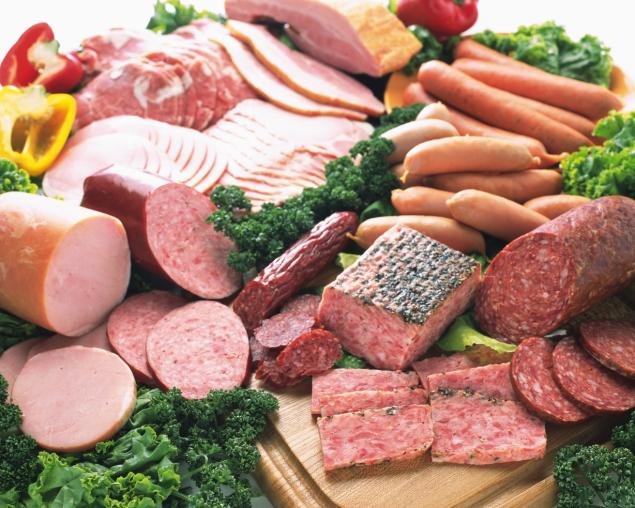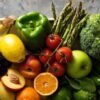Maintaining a healthy diet is essential for overall well-being and reducing the risk of various diseases, including cancer. While many foods offer nutritional benefits, it’s crucial to be aware of hidden dangers that certain popular foods may pose. This article will explore ten commonly consumed foods that have scientific links to cancer. By understanding these potential risks, you can make informed choices to prioritize your health and reduce your exposure to cancer-causing agents.
1. Processed Meats
Processed meats like sausages, hot dogs, and deli meats often contain harmful additives, such as nitrites and nitrates. These additives have been associated with an increased risk of colorectal and stomach cancers. Limiting consumption or choosing alternatives like lean meats, poultry, or plant-based protein sources is advisable.
2. Sugary Beverages
Sugar-sweetened beverages like soda, energy drinks, and sweetened juices are high in added sugars, which contribute to obesity and may increase the risk of various cancers, including breast, colorectal, and pancreatic cancers. Opt for water, unsweetened teas, or natural fruit-infused drinks as healthier alternatives.
3. Charred Meats
Grilling or barbecuing meats at high temperatures can lead to the formation of carcinogenic compounds called heterocyclic amines (HCAs) and polycyclic aromatic hydrocarbons (PAHs). These compounds are linked to an increased risk of several cancers, particularly colorectal, pancreatic, and prostate cancers. Use cooking methods like baking or boiling instead of high-heat grilling and marinate meats to reduce the formation of harmful substances.
4. Canned Foods
Canned foods often contain a chemical called bisphenol A (BPA) used in can linings, which has been associated with an increased risk of hormone-related cancers like breast and prostate cancers. Opt for fresh or frozen foods whenever possible, or choose BPA-free canned options.
5. Artificial Sweeteners
While they offer low-calorie alternatives to sugar, some artificial sweeteners like aspartame and saccharin have raised concerns about their potential links to cancer. While the research is inconclusive, it’s wise to moderate your intake of artificial sweeteners or choose natural alternatives like stevia or monk fruit.
6. Refined Grains
Refined grains, including white bread, white rice, and refined pasta, have been stripped of their fiber and nutrients, leading to a higher glycemic index and insulin response. Regularly consuming refined grains has been associated with an increased risk of certain cancers, including colorectal and pancreatic cancers. Opt for whole grains like quinoa, brown rice, and whole wheat bread for better nutritional value.
7. Hydrogenated Oils
Hydrogenated oils, commonly found in processed snacks, baked goods, and margarine, contain trans fats. These fats increase the risk of various cancers, including breast, colorectal, and prostate cancers. Read food labels carefully and choose products with healthier fats like olive oil, avocado oil, or coconut oil.

8. Alcohol
Excessive alcohol consumption is a well-established risk factor for several types of cancer, including liver, colorectal, and breast cancers. Limiting alcohol intake to moderate levels (up to one drink per day for women and two drinks per day for men) can help reduce the associated risks.
9. Artificial Food Coloring
Artificial food colorings, commonly used in candies, processed snacks, and beverages, have been linked to certain cancers. It’s best to minimize consumption of foods containing artificial food colorings and choose natural alternatives instead.

10. Smoked and Pickled Foods
Smoked and pickled foods, such as smoked fish and pickled vegetables, often contain high levels of nitrites and nitrosamines. These compounds have been associated with an increased risk of stomach and esophageal cancers. Limit consumption of these foods and opt for fresh alternatives.
Conclusion: While the occasional indulgence in these foods may not pose an immediate threat, it’s essential to be aware of the potential risks associated with their consumption. By making informed choices and adopting a balanced and varied diet that prioritizes fresh, whole foods, you can significantly reduce your exposure to cancer-causing agents. Remember, maintaining a healthy lifestyle and diet plays a crucial role in reducing the risk of cancer and promoting long-term well-being.




